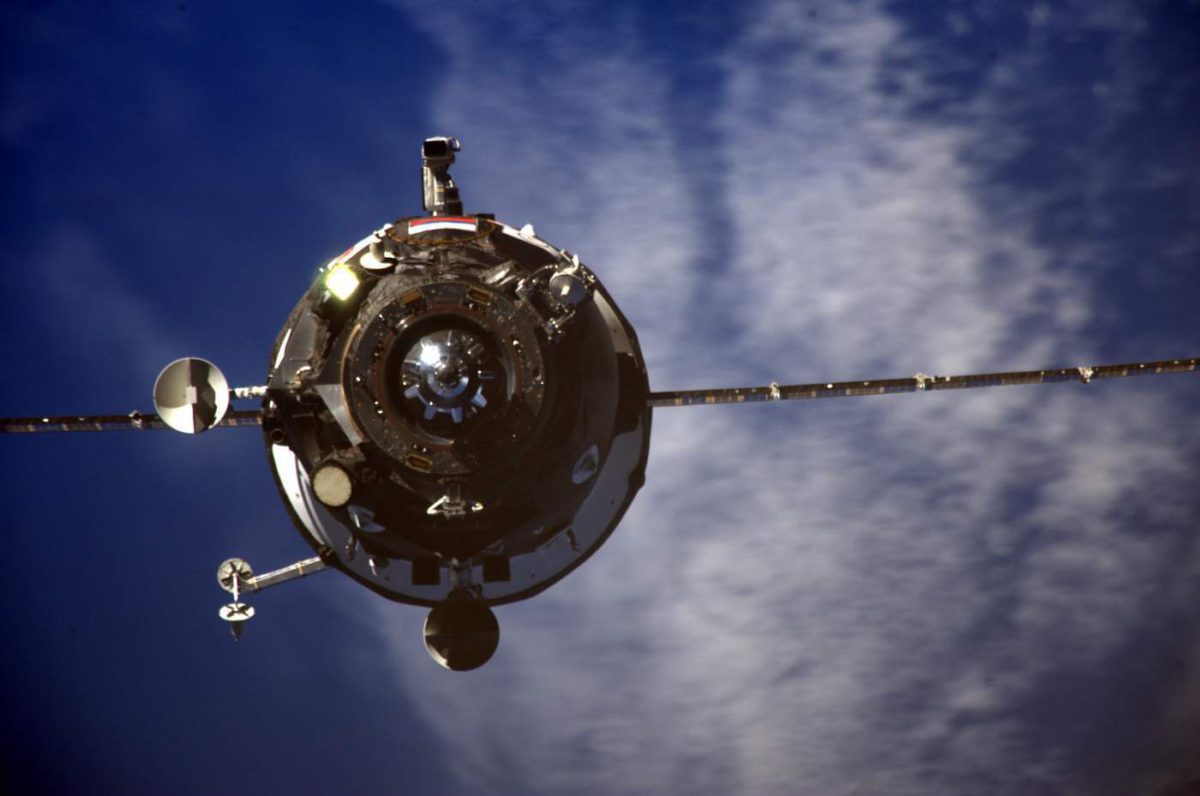Jason Davis • Dec 01, 2016
ISS-bound Progress spacecraft fails to reach orbit, breaks apart over southern Siberia
This morning's launch of an uncrewed Russian Progress spacecraft to the International Space Station went awry. Following a third stage failure, the vehicle reentered Earth's atmosphere and broke apart over southern Siberia in Russia.
Russian cargo craft launches with 2.6 tons of cargo for Saturday delivery to station. https://t.co/C7LVQGQ6Xn pic.twitter.com/qVxajz5woj
— Intl. Space Station (@Space_Station) December 1, 2016
Liftoff of the Progress MS-04 spacecraft occurred on time at 9:51 a.m. EST (14:51 UTC). NASA TV reported the first and second stage engine burns of the cargo ship's Soyuz carrier rocket were normal, with no issues reported.
On Twitter, the Russian space agency Roscosmos said that Progress' protective fairing had separated successfully, and the rocket's third stage burn was underway.
Shortly thereafter, Russian flight controllers received "ratty" telemetry, according to NASA TV commentator Rob Navias. A subsuquent tweet from Roscosmos said contact with the vehicle was lost 383 seconds into the flight.
После пуска ракеты-носителя «Союз-У» с кораблем #ПрогрессМС04 с 383 сек. пропала телеметрия. Специалисты РОСКОСМОСА выясняют ситуацию. pic.twitter.com/yiwx7NUxIF
— РОСКОСМОС (@roscosmos) December 1, 2016
Under normal circumstances, the third stage would have burned until almost 9 minutes after liftoff. Instead, an early engine shutdown appears to have sent the cargo ship tumbling back into Earth's atmosphere.
On social media, explosions were reported over the Republic of Tuva, located in one of the southernmost regions of Russia about 2,000 kilometers east of the launch site in Baikonur, Kazakhstan. Roscosmos later reported the vehicle broke apart at an altitude of about 190 kilometers, over a remote, mountainous region. No injuries have been reported due to falling debris.
Progress was scheduled to arrive at the station on Saturday for a docking with the Zvezda module. The spacecraft was carrying 2.5 tons of food, fuel and supplies.
In a statement, NASA said consumables aboard the ISS were stocked at good levels. A Japanese cargo ship is scheduled to launch to the station on December 9.


 Explore Worlds
Explore Worlds Find Life
Find Life Defend Earth
Defend Earth


